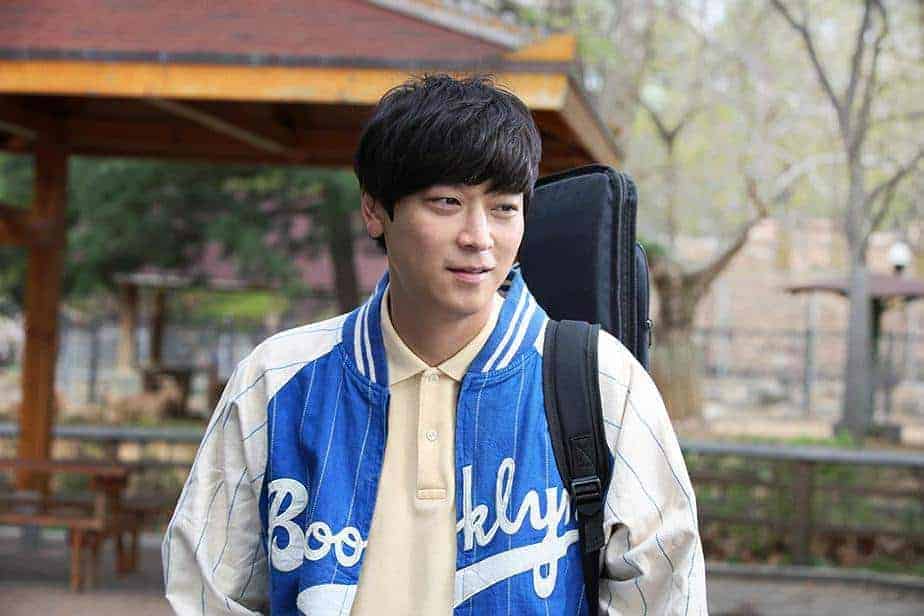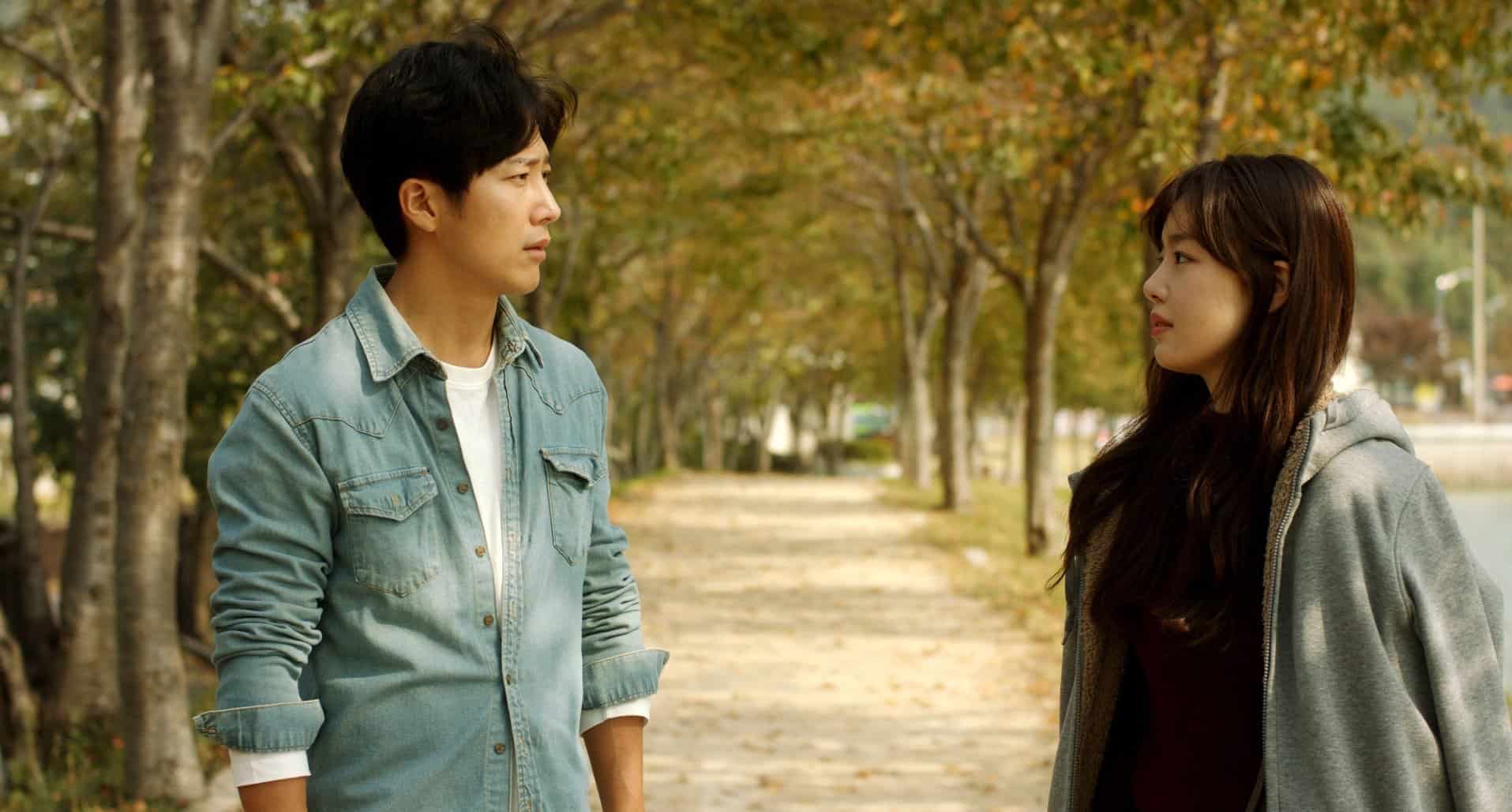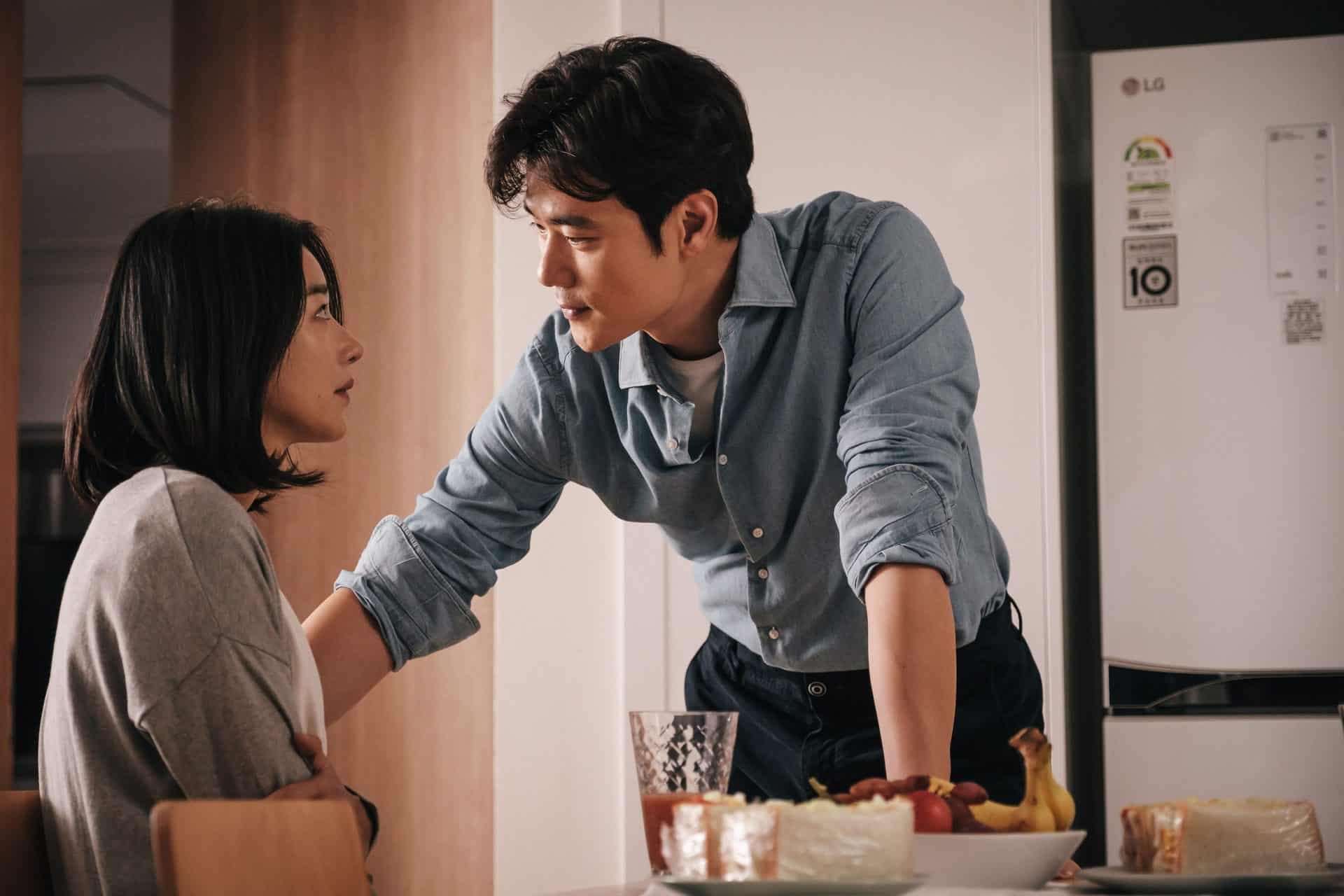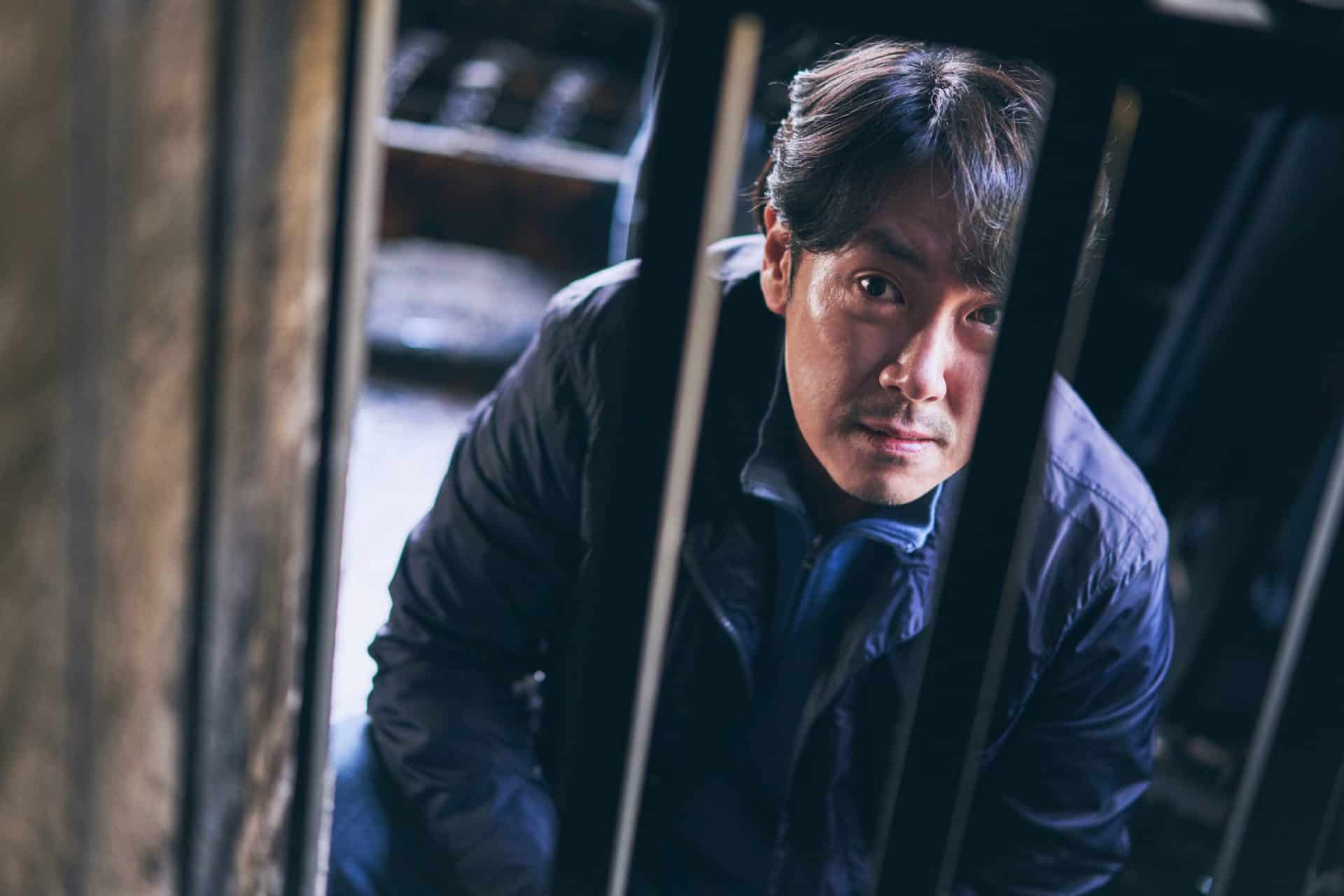Ka Sung-moon's accomplished feature debut is a harsh reality-check that all decisions we make are thwart with potential problems when put to wider society. A tale of one woman's struggle against all society throws her way, this is a journey that is at times humorous, tragic, angry and sad, though inhabits a world created by Kafka himself.
Dream Palace is screening at Busan International Film Festival

Hye-jung (Kim Sun-young) suffered the tragedy of her husband being killed in a factory fire while at work. With a number of people killed in the fire, relatives of the victims camp outside the company offices. Hye-young, though, whose husband is blamed by some for the fire, has reached a settlement with his former employer in the hope of starting a new life with her son, Dong-wook (Choi Min-yeong).
This new life takes the form of apartment complex Dream Palace, though buying a unit there is the start of Hye-jung's nightmares. The newly-built apartments have some defects, though the property managers aren't prepared to do anything for a single unit alone. With many still left unsold, it is unlikely Hye-jung's problems will be solved soon. The residents' association is also a fruitless path: they fear word of any problems and unsold units will impact on the value of their property. Hye-jung, therefore, takes matters into her own hands, trying to market the unsold units at discounted prices, and selling to fellow factory-fire-widow, Su-in (Lee Yoon-ji). But Hye-jung soon finds herself with few friends among those from her old and new lives.
Ka packs a lot into his self-penned work, with numerous social comments included in Hye-jung's journey. To start, the workplace protest is shown, where workers' rights and safety measures are secondary to corporate image and profits. Accepting the pay-off, Hye-jung has alienated herself from the other victims for her own ends. Her husband was a full employee, though the remaining families of subcontractors are sure they won't get treated so kindly.
But as she moves from the more working-class milieu to the middle-class apartment complex, she is equally out of place. The conservative mindset seeks to protect what they have as a collective, with newcomers far from welcome, despite the outward smiles.
Ka paints Hye-jung's plight without necessarily taking a side. She and her son have gone through the loss of their husband and father at work, and blamed for it as well. You can't begrudge her wanting to rebuild her life and enjoy some home comforts. But in moving away, she is leaving behind friends and people who count on her, alienating her son in the process. Her determination is not in standing strong with the victims' families, but in serving her own ends to get her new apartment fully functional by – essentially illegally – flyposting the unsold units. Offering discounts to friends, regardless of their struggles, favours some over others.
Initially there is a sense of humour as Hye-jung finds blocks everywhere she goes, as each step of the ladder brings with it a new challenge. We then move into social comment of the struggles for workers' rights and social mobility. The final act spills into rage – as Korean cinema can tend to do – as the difficulties take their toll, and people are forced to lash out. The end, perhaps, leaves some plot holes and may not satisfyingly conclude the various story arcs, though certainly Hye-yung has learnt that compromise has to come into things.
Son Jin-yong's cinematography is slick, and shows the sleek – yet bland – new world of the Dream Palace, in contrast to the tents of the workers' protest. The two leads show different emotions as the widows of victims: Kim trying to restrain her emotion behind a newfound smile; while Lee is more a defeated-to-the-point-of-hopelessness ghost as both come to terms with their new lives.
With a lot going on, Ka packages it all nicely into a flowing narrative, when it could easily get lost within itself. There are moments of wobble as the anger rises, though these are limited before they take over. Modern Korean cinema has strength in its social comment, and Ka may be a new, young voice to this world who may find himself more welcome than Hye-jung.
















